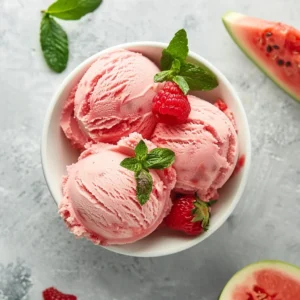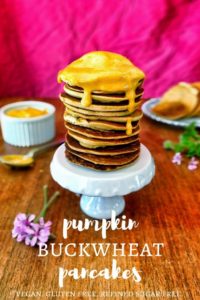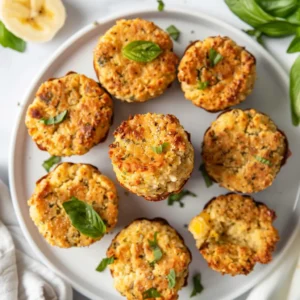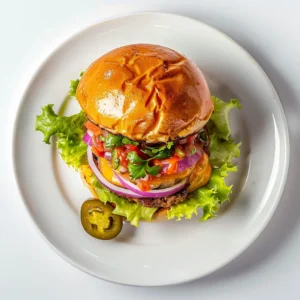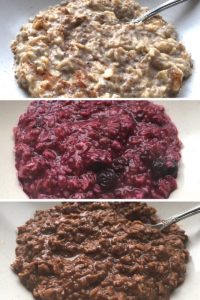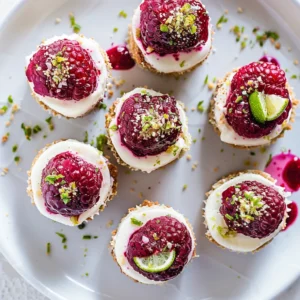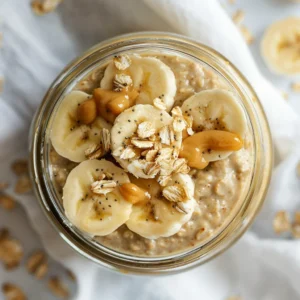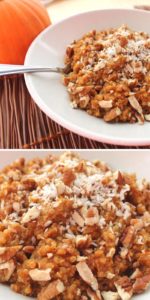Yes, hummus is vegan.
An ancient dish, hummus has been around almost longer than Jesus.
Ok – well maybe not that long, but.. it’s been said to have been around since 13th-century Egyptian times.
Most of you are likely familiar with hummus or at least know what it is, but in case you don’t, we are here to fill you in on what you could be missing out on.
Without further ado, let’s give you the lowdown on this nutritious, nutty, and creamy Middle Eastern food.
What is Hummus?
Hummus is a blended dip made from chickpeas, or garbanzo beans that have been pre-cooked and blended with olive oil, lemon juice, and tahini.
The full name for this Mediterranean spread is hummus bi tahini, which means hummus with tahini.
Tahini is a paste that’s made from sesame seeds, and can be eaten as a staple food itself, even.
You’ll be happy to know there are no animal ingredients or by products in hummus. Or maybe you won’t be.
According to what part of the world you try your hummus is dependant on the recipe, as there are geographical differences in the way in which hummus is prepared.
Many people like to spread hummus on pita bread for a light meal with a garnish like parsley, or use it as a dip for vegetables from everything to carrots to celery to cucumbers.
In the past few years, though, hummus has expanded beyond just chickpeas as the base ingredient and now includes lima or butter beans, black beans, and white beans in some brands on the market.
Common Ingredients in Hummus
There are many different versions of hummus recipes that have been created over time. The following are some of the most common ingredients and add-ins you may find in a recipe.
-Chickpeas
-Tahini
-Lemon Juice
-Garlic
-Olive Oil
-Sea salt
Other Ingredients you may find in Hummus
-Cumin
-Parsley
-Paprika
-Red Pepper
-Coriander
-Roasted Peppers
-Citric Acid
-Emulsifiers such as Lecithin
-Palm Oil
The constant ingredients in a hummus recipe are typically tahini and chickpeas and are what truly make up hummus. You’ll find that almost all recipes contain at least these two ingredients as a base.
The food items listed above are possible ingredient additives that may or may not be in the hummus you pick out at grocery stores- they are simply ingredients that are commonly found in different hummus recipes.
*You can also add spirulina into a recipe for a yummy cheesy flavor, if you’re a vegan that likes the flavor of cheese without dairy products. Plus, it gives the dip a nice green color.
Is Hummus Healthy?
Not only is hummus tasty, but it’s also quite a nutrient-dense dip.
Per serving, hummus:
-has about 100 calories per serving.
-can supercharge you with its vitamins C, E, A, and B3.
-is very low in sugar.
-contains minerals like calcium, iron, zinc, selenium, magnesium, potassium, and phosphorus.
-is low in saturated fats and boasts about 8 grams of healthy fats such as monounsaturated and polyunsaturated per serving.
-will provide you with about 15% of your daily (plant-based) protein and fiber intake.
-is both gluten-free and dairy-free.
-is packed with micro and macronutrients.
One of the reasons hummus is as healthy as it is is because the tahini and garbanzo beans (chickpeas) combine to form a complete protein. This means you’ll be able to absorb the available amino acids and assimilate them all into your system. Plus, it’s easy for the body to digest.
Ingredients in your Hummus that may not be Vegan
-Palm Oil: Some vegans like to avoid this contentious ingredient for ethical purposes. It’s not technically an animal product or by-product, but the ecological impact of harvesting this ingredient is to be noted if you are concerned about your eco print.
-Sugar: While most all hummus recipes do not contain this ingredient, there is a chance you could find it in one of the hummus brands on the market. Again, there are no animal products in sugar, however, the way in which unrefined sugar is processed involves bone char (ground-up animal bones), so if you’re strict about your veganism, this may be an ingredient to watch out for.
-Emulsifiers: Most emulsifiers are derived from soybeans, sunflower seeds, or eggs. Some emulsifiers like certain lecithins do contain non-vegan egg yolks, though this depends on the type of lecithin used in the recipe. Some lecithins are even extracted directly from animal fats.
-Natural Flavors: This is a flavoring that is sourced from either animal meat, eggs, dairy products, plants, or fermentation products from these ingredients. The name of this ingredient is a bit misleading, so it’s important to double-check the label to see what’s actually in your hummus dip.
So, just be sure to check the label, and if you’re ever unsure about any ingredients, a google or Duck Duck Go search will give you more insight on all of the ingredient details.
*Do note: There is always the possibility for cross-contamination. Just check the label on your hummus and see if there is an advisory label that says if it was produced in a facility where allergens might be present.
Sabra Hummus
All of the Sabra brand hummus flavors are 100% vegan gluten-free, kosher, and non-GMO.
This is one of the hummus foods that you can find at almost every grocery store.
The recipe is simple- chickpeas, garlic, tahini, soybean oil, garlic, salt, citric acid, and potassium sorbate as a preservative.
Sabra offers all sorts of flavors of vegan hummus such as caramelized onion, olive tapenade, lemon twist, classic, and jalapeno, if you’re one of those people that like options.
If you have a question about the ingredients in this hummus, the company Sabra will likely have the answer if you send them an email or call them up.
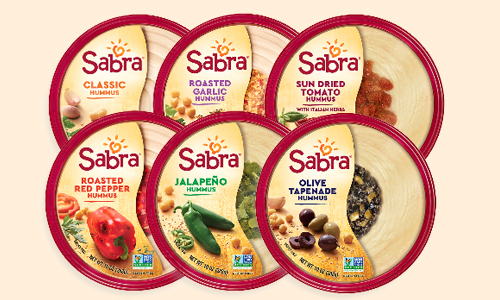
How to make your own vegan Hummus
If you want to experiment in the kitchen and try out your hummus-making skills, it’s a pretty easy dish to make. Plus, if you have kids, they would have a fun time in the kitchen, too, whippin’ up some of this healthy spread.
If you’re concerned about any of the ingredients in store-bought hummus, many vegans like to make their own as it’s a surefire way to know what’s in it.
A perk of making your own hummus is it gives you the freedom to tinker around with each and every single ingredient, down to the type of oil used. Maybe you want to substitute extra virgin olive oil for avocado oil or grapefruit seed oil. It’s up to you.
If you’re not a fan of chickpeas in your diet, you could switch up the base to walnuts if you’re not a fan of chickpeas, provided you don’t have any nut allergies. If you do have nut allergies, then you might opt to try using lima beans to make butter bean hummus instead.
Making your own hummus at home allows you to control the consistency of the spread, too. If you’re a texture person, you might like playing scientist with your food processor. You can add more tahini if it turns out too thin.
Perhaps you might want to consider making a giant portion to take on a road trip with you if you have plans for a getaway and want a healthy vegan snack that won’t leave you feeling hungry afterward.
Dessert Hummus
If you’re craving something naturally sweet, there are also hummus brands on the market that are dessert material, believe it or not. Sabra, the brand mentioned earlier in this article, offers a dark chocolate spread if you like chocolate. You’d never know this is made from chickpeas by the taste, as it does taste pretty spot on like chocolate mousse.
Final Thoughts
Eat well, enjoy life, and the variety of decadent foods this Earth has to offer. Whether you opt to have some pine nut hummus or dessert hummus, there are many popular options for vegans to try with their diet. Peanut butter isn’t the only delicious and nutritious vegan spread on the market nowadays.
Perhaps you might want to consider giving hummus a whirl. You might realize it’s your new favorite thing. And, for the record, the hummus brand you choose depends on you – you really can’t go wrong with any of them.


